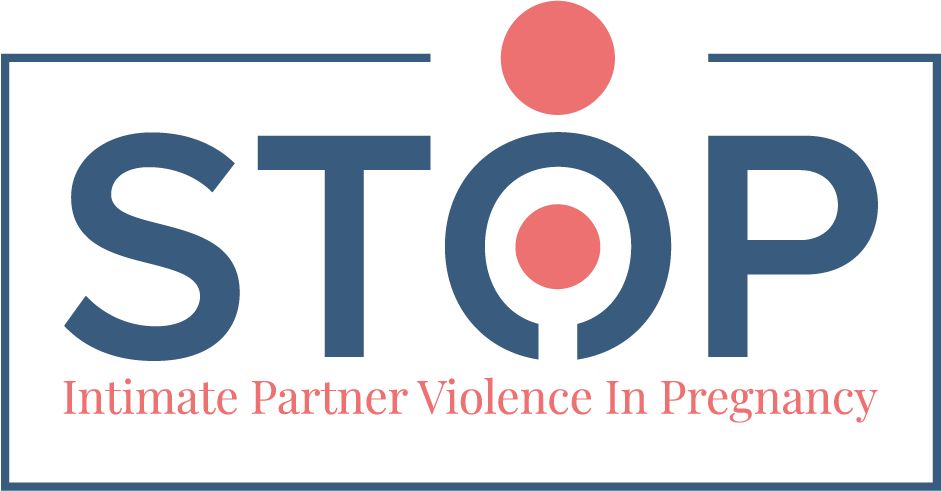Consortium Meeting in beautiful Granada
Emilie Nielsen
On November 25-26, the STOP consortium reached quite a milestone. Not so much a milestone related to the project activities but a milestone for the collaboration.
After working together for more than a year, we finally managed to meet each other in person for the first physical consortium meeting in the project lifetime. The consortium met in beautiful Granada for a two-day meeting and Granada was the perfect location as the city celebrated the International Day for the Elimination of Violence against Women on November 25th.
This consortium meeting focused on the current status of the project and we also started planning for 2022 which will be a(nother) busy year in the STOP project. During 2022, we will offer our services to thousands of women across the Region of Southern Denmark and Andalucia. We will also finalise the data collection and start working on the publication of our results and experiences from the project.
We look forward to sharing it!
IPV and eHealth interventions - systematic review and meta-analysis of randomized trials
Emilie Nielsen
Intimate partner violence (IPV) is a major public health concern. eHealth interventions may reduce exposure to
violence and health-related consequences as the technology provides a safe and flexible space for the target population. However, the evidence is unclear.
In this publication, the goal of the review is to examine the effect of eHealth interventions compared with standard care on reducing IPV, depression, and posttraumatic stress disorder (PTSD) among women exposed to IPV.
STOP - Danish screening tool for IPV
Emilie Nielsen
As part of the STOP, a report has been prepared to present the Danish screening tool to be used in the screening for IPV among pregnant women in the Danish site.
The report provides a description of the Danish screening programme In the report, you will also find screenshots of the different sections of the electronic questionnaire sent to all pregnant women in the Region of Southern Denmark.
Inclusion of women has begun!
Emilie Nielsen
During the last couple of months, we have been working hard to make the final tweaks on our STOP intervention developed to support and empower women exposed to IPV in order to launch the service in our two sites in Denmark and Spain. Also, we have provided training programmes for the dedicated staff to conduct screening and video counselling with the pregnant women.
In March, the STOP project launched the eHealth intervention and in both Denmark and Spain, women now participate in the screening for IPV. Already, a number of women have scored above the threshold indicating violence in their partnerships and have been offered to participate in the STOP project.
Thus, we are in the process of collecting the first experiences with our video counselling and safety planning service. We look forward to sharing our experiences with you along the way.
STOP - Spanish screening tool for IPV
Emilie Nielsen
As part of the STOP, a report has been prepared to present the Spanish screening tool to be used in the screening for IPV among pregnant women in the Spanish site.
The report provides a description of the electronic Spanish screening application, which has been developed to identify pregnant women exposed to intimate partner violence. In the report, you will also find screenshots of the different sections in the app such as the introduction to the project and the included questionnaires (AAS, WAST-short, and ISA.
STOP Data Collection
Emilie Nielsen
As part of the STOP, a report has been prepared to present the data collection across the two sites.
The report provides an overview of the data collection in the context of WP4. Here, you will find an overview of the study population followed by a description of the STOP interventions and training of midwives and psychologist for the data collection. Furthermore, it provides a description of the qualitative data collection, the management of the data and monitoring of the intervention, and ethical considerations in relation to the data collection.
STOP Communication Platforms
Emilie Nielsen
As part of the STOP, a report has been prepared to map and present the communication platforms for the project.
First IPV counsellor training sessions coming up
Emilie Nielsen
As part of the preparations for the STOP project, much effort and many thoughts have been put into how the video counselling sessions should be carried out. On January 11th – 13th, we reach an important milestone as we invite the first video counsellors to a specially developed training programme. The first group is Danish midwives appointed to the project. During the three days, the midwives will get to know more about what intimate partner violence is (IPV), how it affects the women and their unborn child, what tools can be used in the counselling sessions to help the woman acknowledge that she is in a violent relationship, how to empower the women, and also how to carry out a counselling sessions via video. And much more.
As COVID-19 is still a dominating factor in Europe, the training sessions will be done virtually. The virtual setting provides a great opportunity for the IPV counsellors to get used to the digital communication environment.




